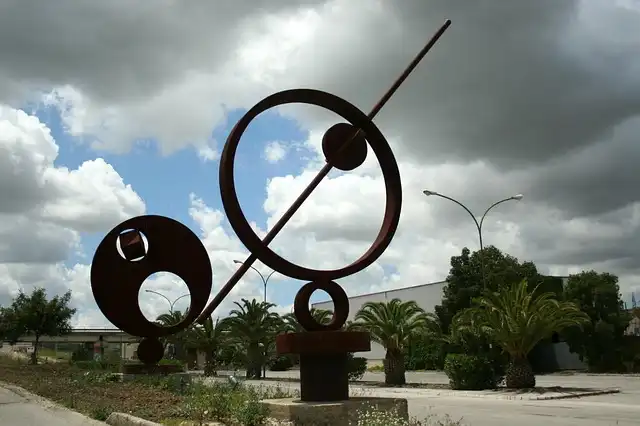Turkey Earthquake: Safety Tips & Travel Updates

Magnitude-6.1 earthquake hit Turkey. Stay safe: avoid damaged structures, monitor official updates, and check with accommodations. Tourism hubs operating normally. Aftershocks are a risk.
Earthquake Safety Measures
If an aftershock strikes and you are outdoors, withstand need to go indoors to collect any type of valuables– AFAD warns versus returning to any structure showing cracks, leaning walls or other indications of damages until designers give the all-clear.
If you’re inside when shaking begins, immediately drop to the ground, take cover under a durable table or workdesk, and hang on till it stops, then go to an open area well away from buildings, loose signage or above power lines.
Affected Areas & Travel Impact
The magnitude-6.1 quake struck near the inland district of Sindirgi at a shallow depth of concerning 10km, according to Turkey’s calamity agency AFAD. More than a lots buildings and 2 mosque minarets broke down in and around the epicentre, while homeowners across the Marmara and Aegean areas took off into the streets as strong aftershocks surged through the evening.
Authorities warned that the casualty toll can increase as examinations proceed, and advised the public to avoid damaged structures amid recurring aftershocks. Look and save teams, backed by local cops and the Turkish Jandarma, functioned with the early hours to account for homeowners in the worst-hit locations. Here’s every little thing you need to recognize if you’re taking a trip to Turkey right now.
Meanwhile, prominent holiday areas far from the epicentre– consisting of Bodrum, the Muğla shoreline, Antalya and Cappadocia– are running as regular. While these centers are outside the impacted area, tourists are recommended to watch on official updates as aftershocks linger.
Staying Informed: Official Updates
Visitors can adhere to the most up to date earthquake advisories and security updates from AFAD through its official web site and social networks networks. Regional governors’ offices and municipalities also upload area-specific notifications, consisting of cordon updates and road closures.
Travel to Kaz Dağları (Ida Hills)
Travellers headed to Kaz Dağları (the Ida Hills) or the Edremit-Akçay location should validate arrangements with accommodation suppliers before travelling, as neighborhood authorities remain to obstruct entrance to dangerous frameworks and perform security evaluations.
In all situations, follow cordons and directions from local police or zabıta (metropolitan officers), that may block off roads throughout safety inspections and “red-tag” harmful frameworks– getting in these limited zones can cause penalties.
The country is crisscrossed by numerous significant fault lines, one of the most infamous being the North Anatolian Fault, which runs approximately alongside the Black Sea shore and has generated a collection of ruining quakes over the past century.
Tourism Hubs: Open for Business
Yes– Turkey’s vital tourism hubs stay open and functioning usually. Major airports in Istanbul, Izmir and Bodrum are running without interruption, and flights, trains and intercity buses are going to timetable.
As these huge plates grind, slide and periodically jolt past each other, stress and anxiety constructs till it’s launched in the form of quakes– a process that makes shakes a routine, if unpredictable, part of life in the country.
Turkey rests on one of one of the most seismically energetic areas on the planet, straddling the facility crash zone in between the Eurasian, African and Arabian structural plates. The country records an average of around 20,000 shakes each year, though a lot of are as well tiny to be felt.
Balikesir Travel Advice
Site visitors preparing to remain in Balikesir– consisting of preferred areas such as Ayvalik, Cunda Island and the Mount Ida area– need to sign in with their accommodation hosts for the latest local updates, avoid heritage structures up until they’ve been officially evaluated, and maintain schedules versatile in case of short-term closures or route adjustments.
Authorities alerted that the casualty toll can rise as examinations proceed, and urged the public to avoid damaged structures in the middle of ongoing aftershocks. Look and save teams, backed by local authorities and the Turkish Jandarma, overcame the very early hours to make up residents in the worst-hit locations. If you’re taking a trip to Turkey right now, below’s whatever you need to understand.
1 AFAD2 aftershocks
3 fault lines
4 tourism updates
5 travel safety
6 Turkey earthquake
« UK Camping & Glamping: Tent Pitches, Wildlife, and Nature EscapesTravel Phone Essentials: Cases, Chargers, Apps & Hacks »
